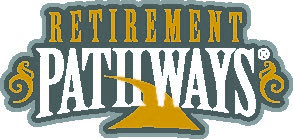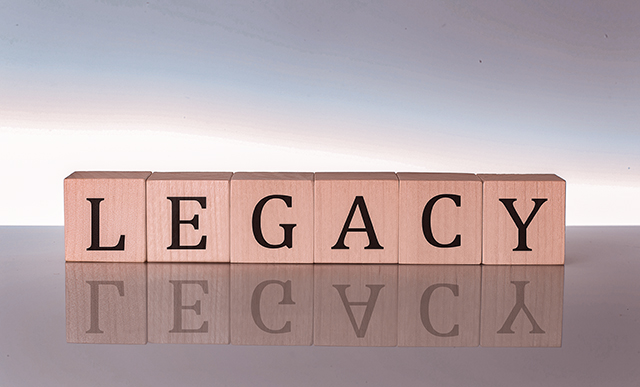SUBSCRIBE
Enter your Name and Email address to get
the newsletter delivered to your inbox.
Please include name of person that directed you to my online newsletter so I can thank them personally.


Dianne Williams Wildt, MBA
Certified Retirement Counselor®
Since 1983 in the financial services and investment industry
Retirement Pathways, Inc.
4500 Bowling Blvd., Suite 100
Louisville, KY 40207
Phone: 502-797-1258
Email: dianne@retirementpathways.com
Website: www.retirementpathways.com

While most affluent families may be familiar with estate planning, they might not communicate much more than hopes about how their heirs will use their financial legacies. But estate planning can help turn those hopes into realized dreams. It is one way to give specific directions about how you would like to see your financial legacy live on.
Remember, too, that estate planning is about more than how you'll pass on assets. In addition to a will and estate plan, you'll need a trio of legal documents. First is an advanced directive, which details the extent of life-saving medical care you want should you no longer be able to speak for yourself. The next two are powers of attorney for healthcare and financial affairs. These empower those you name with the legal right to make financial or healthcare decisions for you if you can't.
Once you've completed these first steps and have an accounting of all your assets and how they will be distributed, have a conversation - or multiple conversations, if necessary - with involved parties to develop a written statement outlining how your legacy will continue after you're gone.
While your estate plan may dictate how assets are transferred, you may decide to include your children in determining where and how. Perhaps you’ll create a foundation or use donor-advised funds from which you’ll contribute to a favored charity. Who will continue your charitable endeavors, and how? Do your heirs agree with this strategy?
And, while some people may hesitate to give their children free reign with inherited financial assets fearing they may waste their inheritance, you can put some guardrails in place with a spendthrift trust. This type of trust can delay asset transfer until a later age or parcel assets out gradually, helping to ensure loved ones are responsible with their inherited assets.
To learn more about how you can pass on both your assets and legacy, talk to your estate planning attorney, tax advisor and financial professional.
Enter your Name and Email address to get
the newsletter delivered to your inbox.
Please include name of person that directed you to my online newsletter so I can thank them personally.
Enter your Name, Email Address and a short message. We'll respond to you as soon as possible.
Investment advisory services offered through American Capital Management, Inc., a State Registered Investment Advisor. Retirement Pathways, Inc. is independent of American Capital Management, Inc.
Retirement Pathways, Inc. and LTM Marketing Specialists LLC are unrelated companies. This publication was prepared for the publication’s provider by LTM Client Marketing, an unrelated third party. Articles are not written or produced by the named representative.
The information and opinions contained in this web site are obtained from sources believed to be reliable, but their accuracy cannot be guaranteed. The publishers assume no responsibility for errors and omissions or for any damages resulting from the use of the published information. This web site is published with the understanding that it does not render legal, accounting, financial, or other professional advice. Whole or partial reproduction of this web site is forbidden without the written permission of the publisher.